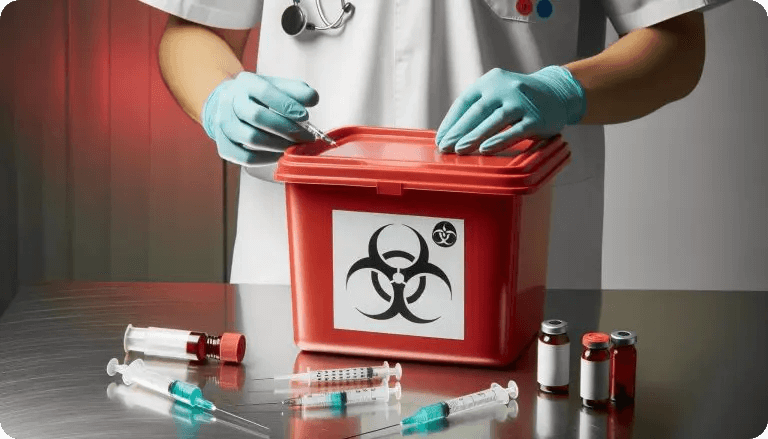If you’re having difficulties stopping or regulating your drinking, you might want to look into alternative alcoholism treatment programs. Here’s all you need to know.
Whether you pick an inpatient or outpatient treatment, rehabilitation frequently begins with detoxification or getting the alcohol out of your system. If you’ve been dependent on alcohol, you may experience withdrawal symptoms after you quit drinking. That is why it is critical to consult with your doctor about properly detoxing. To avoid potentially serious health problems, you may require hospitalization.
Getting the alcohol out of the body is only the first step. A drinking problem can rewire your brain to crave alcohol over time, so getting into residential treatment and into some sort of support system that will allow the person.
The National Institute on Alcohol Abuse and Alcoholism (NIAAA) suggests seeing a skilled healthcare practitioner for an assessment. That way, they can recommend a treatment plan that is appropriate for you.
How Inpatient Alcohol Rehab Works?
According to the NIAAA, if your doctor finds that you have a serious alcohol use disorder, inadequate social support, an insecure living situation, or other health concerns, they may prescribe an inpatient rehabilitation program.
These residential programs provide highly organized 24-hour care and are often managed by qualified alcohol and drug counselors and mental health specialists. Short-term programs can last 3 to 6 weeks, followed by outpatient treatment. Long-term programs might span 6 to 12 months.
Inpatient care often involves the following:
- Medically supervised detoxification
- Individual counseling
- Support groups
- Don’t put off getting help if you or a loved one is battling addiction. Get help right away.
Outpatient Alcohol Rehab: How Does It Work?
According to the NIAAA, if your doctor believes that you have a less severe alcohol use problem, a social support system, a stable living situation, and decent physical health, they may prescribe an outpatient treatment program.
These programs vary in time and intensity, but they often enable you to continue with your daily routine.
Outpatient treatment may include counseling, group counseling, or a 12-step program. These sessions often cover substance addiction education, relapse prevention, stress management, communication skills, and goal planning. Some persons also move to outpatient care after finishing an inpatient episode. This reduction in care strikes a balance between independence and assistance and responsibility.
Get Help Right Away
If you’re having problems with alcohol, talk to your doctor and loved ones about it as soon as possible. According to reports, early treatment reduces the likelihood of developing a major alcohol use problem.
If you’re already in the early stages of a condition, therapy can protect it from worsening. Untreated alcoholism can interfere with school, career, and relationships. It can also cause dangerous short- and long-term side effects including liver disease, cancer, heart disease, high blood pressure, and stroke.



